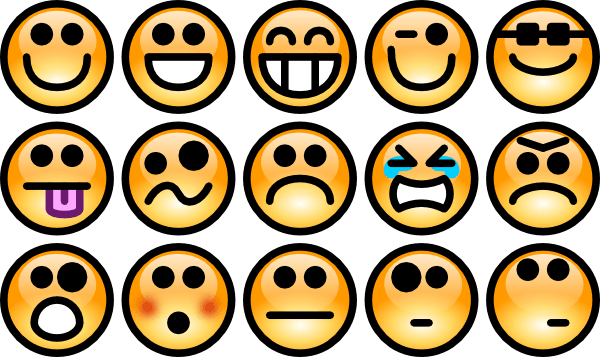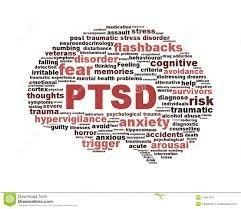Trauma affects everyone differently.
What is a fact?
The word for a response to something big, bad, and scary that makes it hard to cope.
A. Physical abuse B. Trauma C. Temper Tantrum
What is trauma?
Sadness, anxiety, anger, denial, shame, or fear are a. emotional or b. physical responses.
Emotional
Give examples of three feelings trauma triggers may cause.
Sadness, fear, anxiety, panic, shame, anger, guilt, confused, lonely, terrified, etc.
These trauma responses happen when you're sleeping and cause you to feel afraid.
A. Nightmares B. Drooling C. Snoring
What are nightmares?
You can never recover from trauma.
What is fiction?
A reminder of something big, bad and scary that makes you feel or behave badly.
A. Trauma Trigger B. Bad grades
What is a trauma response or trigger?
Post traumatic stress is a psychological response to trauma. True or False?
True! It's how your brain tries to cope with the traumatic events.
An easy way to relax and ease stress or manage big feelings. You can do it pretty much anywhere, and it only takes a few minutes.
A. Deep breathing B. Swimming C. Getting a haircut
What is deep breathing?
This trauma response makes falling asleep difficult.
A. Insomnia B. Studying C. Music
What is insomnia?
Many trauma survivors feel as if they are going crazy.
What is fact?
Trauma Triggers bring back:
A. Strong memories of the event
B. Unwanted feelings like anger, guilt, shame
C. Both A and B
What is C?
Avoiding activities, conversations, people, places or things related to the trauma. Hint... part of the word is in the question.
What is avoidance?
You should do this for a minimum of 30 minutes a day. It helps manage trauma reactions, depression, anxiety, and increase sleep consistency.
A. Sleep B. Eat C. Exercise
What is exercise?
Feeling sad and not wanting to do things they used to may happen to kids who experience trauma.
A. Anxiety B. Depression C. PTSD
What is depression?
Someone who experiences a trauma is a bad person.
What is fiction?
When you feel like you are living through it all over again.
A. Flashback
B. Trauma Trigger
C. Trauma Reminder
D. All of the above
What is D?
Becoming irritable, quick to anger or aggressive, heightened startle reaction, difficulty concentrating, frequently scanning the environment or watching for trauma reminders, difficulty sleeping, feelings of anxiety, and related symptoms such as racing heart, upset stomach, or headaches, Risky or impulsive behavior are all related to which of the following:
A. Bully syndrome B. Disassociation C. Hyperarousal
What is hyperarousal?
Trauma causes the "wires" in the brain to get messed up making it hard to regulate or manage emotion. True or False
What is true?
Intense, excessive, and persistent worry and fear about everyday situations. Fast heart rate, rapid breathing, sweating, and feeling tired may occur.
A. Anxiety B. Depression C. PTSD
What is anxiety?
The amygdala is the part of the brain who's job it is to protect us and warn us of danger.
What is fact?
Give an example of something (person, place, situation, sight, sound, smell, thought) that reminds you of the traumatic event in some way.
Example
Feeling disconnected from your thoughts, feelings, memories, and surroundings. It can affect your sense of identity and your perception of time.
A. Hyperarousal B. Disassociation C. PTSD
What is disassociation?
This coping skill helps trauma survivors regulate emotion and rewire the brain by focusing on the present moment.
A. Swimming B. Reading C. Mindfulness
What is mindfulness?
Many kids who experience trauma feel angry at themselves or someone else. True or False
What is true?